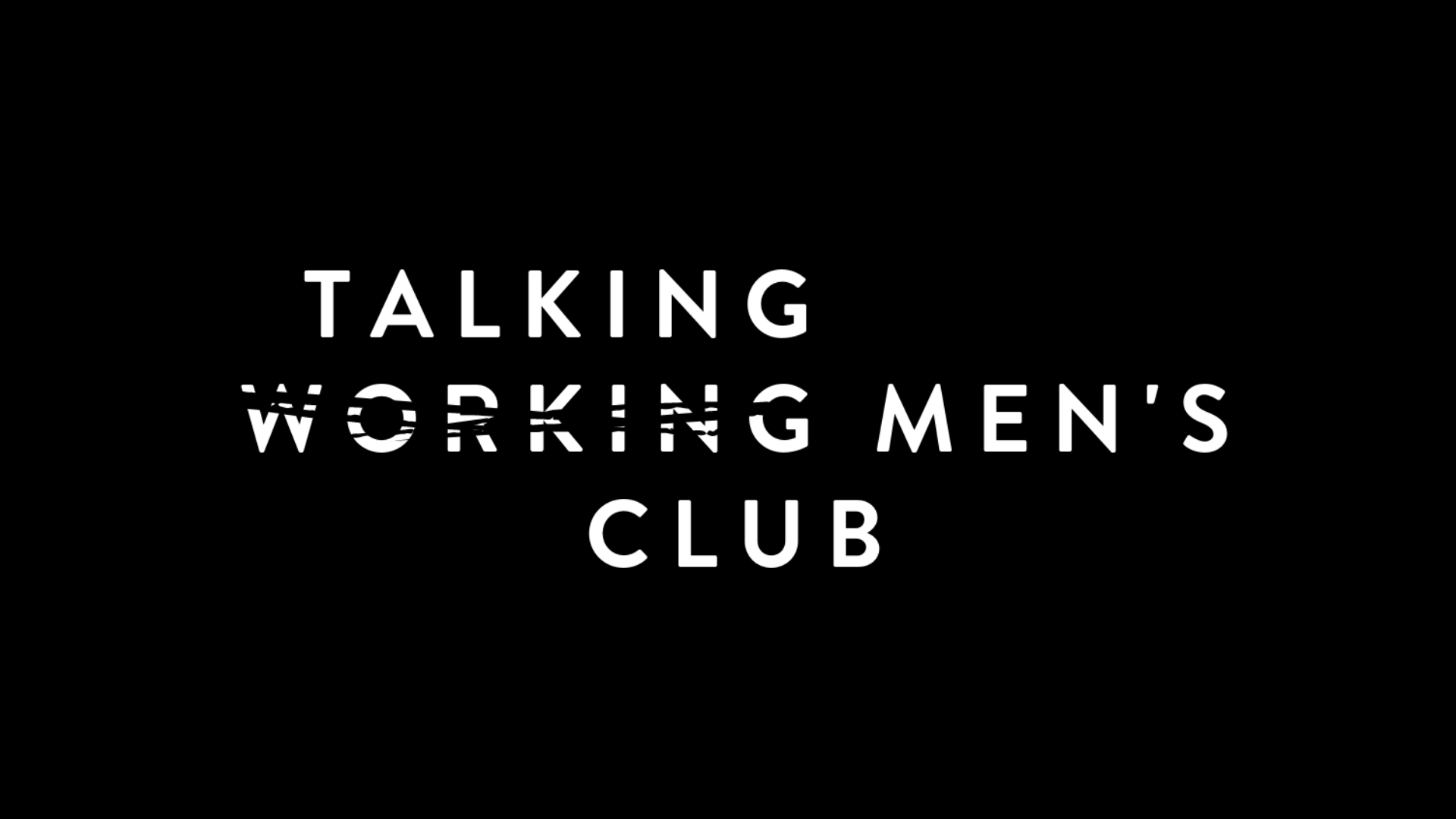

First, how are you (really)?
Feeling good, quite refreshed and positive. Working hard but it’s a nice challenge. Looking forward to the change in seasons (really).
Say I knew nothing about Huel, what can you tell us about what the company does & why you do it?
Huel is a nutritionally complete food with a fast-growing range of products that get better and better. Our customers or Hueligans buy it because they care about what they eat and the impact that food has on the planet, they want something convenient that has minimal impact on the environment. All our products are 100% vegan.
I do it because I believe in the mission – To make nutritionally complete, convenient, affordable food, with minimal impact on animals and the environment – and feel proud that we are always striving to do the right thing. This is shared by everyone else that works here so you feel like you are all pulling in the same direction and are part of a great team.
What’s working well for you at Huel when it comes to supporting your people’s mental health at work?
Self Space of course. It feels like we are giving everyone a gift of being able to explore and practise their own ways to cope with life better, making everyone more resilient, more grateful of life and its challenges, and ultimately more appreciative of one another – sounds too overdramatic right? But if you feel more comfortable in your own skin then you can be more understanding of others, you can begin to see it from their perspective more.
What does it mean to bring our whole self to work, can we? Should we?
I think it means feeling comfortable that some days you will feel like shit and other days you will feel really positive. It’s about how you communicate with others and identify that it’s not their fault. Acknowledge that you sometimes feel down and that’s ok, you can’t be positive all the time. What you can be is in control of how you treat others and how you support yourself in those down times. Take a moment to pause and imagine how you would feel if you saw someone you worked with struggling and looking like they needed help. How would you react?
Think about how you manage your emotions and what helps you get through it, good coping strategies like talking it through with loved ones or your Self Space therapist. Focussing on how you feel in that moment and also how you feel in the better times and, what needs to happen to get you to the latter?
What is something that you struggle with at work?
I am emotionally aware of others so I pick up their current emotions. In my role, I get to hear and support on matters that are very personal. Having this ability means that I can sometimes struggle to separate others’ problems from my head and how I can help them as best I can. Sometimes I can’t and in these cases, I agonise over it, internally of course. I would never share that with them as it would not be helpful. I need to get better at where I can add value and where I can’t, and be ok with that.
What are some of the challenges you have overcome for which you are proud of yourself?
Infertility and miscarriage. It still hurts me that we struggled to have a second child, please don’t get me wrong, I’m truly thankful for having my son and I’m so grateful and love being a parent. But in the first few years after his birth, I got too hung up on how it must look to the outside world to not have a second child, not helped by what felt like everyone asking me when I was going to have another. Your sex life should not be of anyone else’s concern but as soon as you have a baby, suddenly it is!
It made me feel inadequate as a parent and a mother. I should never have felt that but I couldn’t speak up and tell the truth. It was easier to just pretend we were putting it off than tell them that we tried in vain for months and years, been prodded and explored by gynaecologists and urologists for them to come back with nothing tangible. We went through 2 rounds of gruelling IVF only to miscarry at 11 weeks. It was nobody’s fault and still to this day a lot of my friends and family don’t know this. I was ashamed that I wasn’t functioning as I should, not fulfilling my potential as a fertile mother.
What was the story of work in your family?
Mixed. My dad absolutely adored working. He was really good at his job and stayed with the same employer throughout his whole working life, from apprentice to retirement. You could tell he got a buzz from it, he was never late and rarely took sick days.
My mum, however, worked hard in what most would consider quite menial jobs just to get extra money together. She’d work behind a bar at night time so Dad could look after us and then get in late and get up early to get us all ready for school while Dad went to work. Looking back she had it harder than Dad.
As soon as we all moved out and weren’t part of their financial responsibility, she was able to retire early, which I think she preferred. I will say that it did cut her off from social interactions though, work is great at giving you perspective and keeping connected to other humans.
Do you ever feel not good enough?
Often. I have come to the field of HR later than most and therefore need to acquire more experience to grow in my role.
What is something surprising about you that your colleagues might not know about?
I got kicked out of college – I was a bit of a rebel and almost fucked my life up, but luckily a rollicking from my mum and a taste of what the real world might have in store for me got me back on the straight and narrow.
What are you scared of?
Getting things horribly wrong and letting people down who have relied on me.
What is one thing that you are not saying — that needs to be said?
That sometimes people use the banner mental health as a blanket for masking other issues. That some people will say they can’t cope but won’t do anything to help themselves either.
Raising awareness and understanding how you can better support yourself will mean that we have a greater affinity with how nuanced bad mental health can be but ultimately we can have the confidence to ask better questions that will get to the heart of the matter. Rather than being afraid of offending others or asking about things we know little about.
What do you do to take care of your own mental health?
I run, I bake and I’m beginning to take up photography again. Plus we have two new kittens who have joined the family, cuddling them gives me such a boost.
What can employers do to really support the mental health of their people?
Listen to them, trust them and give them the confidence to have two-way honest conversations.
Finally, what advice would you give to someone in your role if things aren’t working well at work?
It would depend on what is not working well? Is it relationships with peers and stakeholders? Is it a case of being overworked and under-resourced?
I think I would encourage you to speak up and ask for help as soon as you can. It won’t be a sign of weakness, incompetence or inefficiency if you are struggling with the amount of work or breadth of tasks then you need help from others. If it’s not heard then is this the right place for you? Can someone else benefit from your talents?






